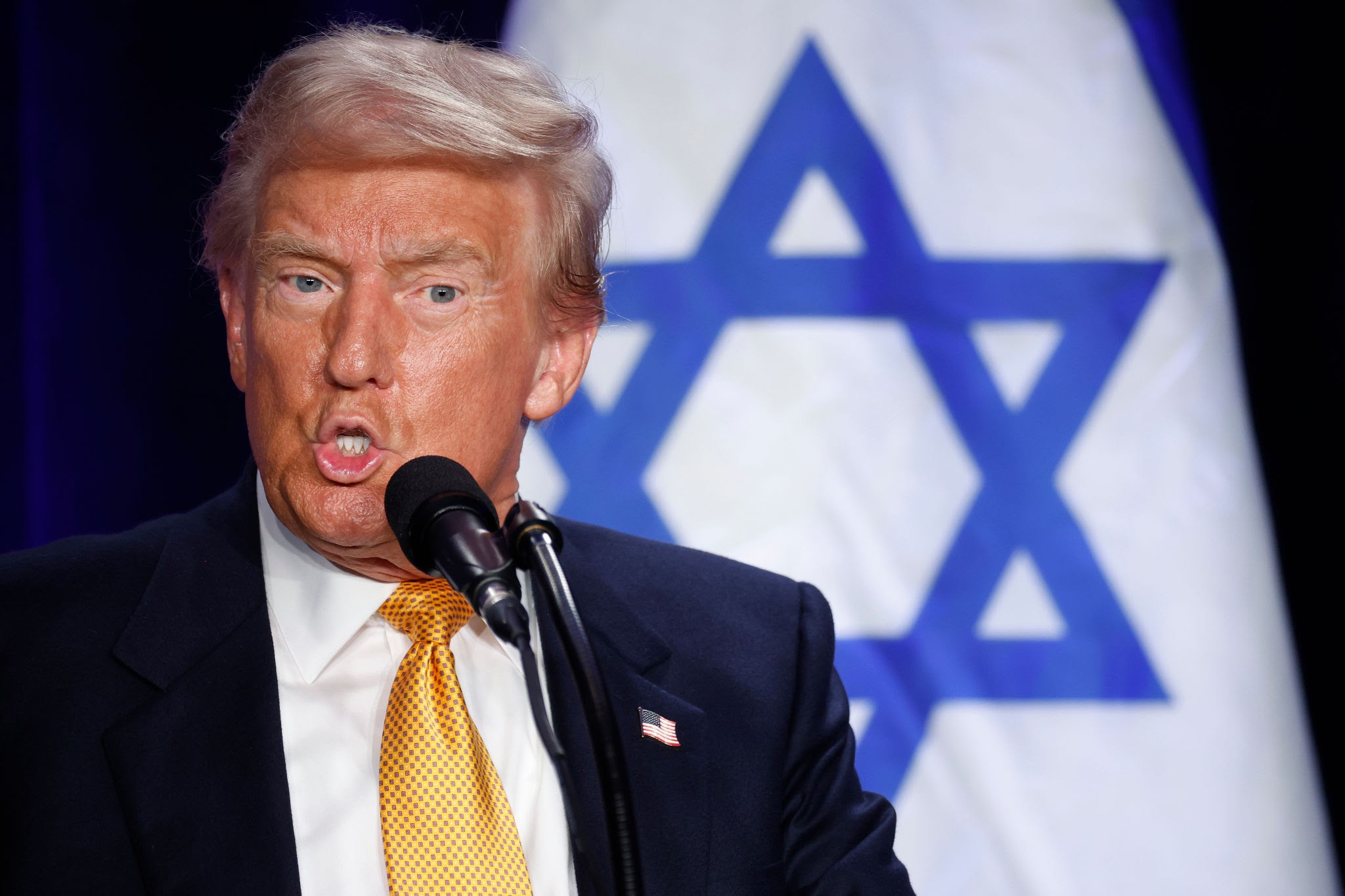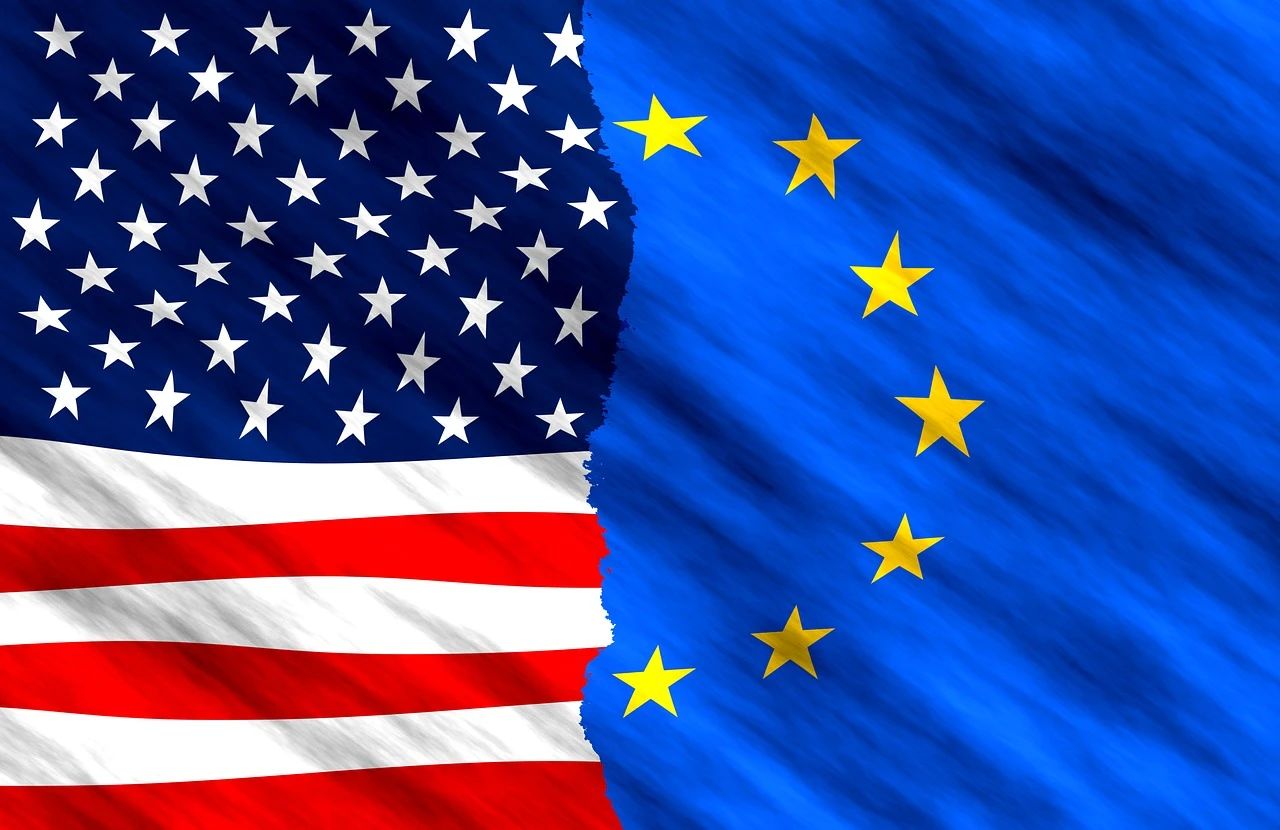
The rise of Donald Trump has been akin to a political storm, sweeping across the political and economic landscapes of the United States and even the globe. This political strongman, waving the flag of "America First," has not only stirred political waves domestically but also triggered shockwaves in the global economic sphere. Trump's ascendancy undoubtedly poses a significant challenge to the global order and a grave threat to global economic stability. Herein, we must not only analyze his policies but also critically examine the ideology behind them.
I. The Catastrophic Consequences of the Trade War
Trump's trade protectionist policies are a blatant challenge to global economic integration. His "America First" slogan is essentially a direct negation of the global multilateral trading system. Should Trump implement his trade protectionist policies, they would have catastrophic impacts on the global economy.
As the leader of the European economy, Germany heavily relies on exports, particularly to the U.S. market. Trump's trade war would directly strike at Germany's economic lifeline, exposing German companies to enormous market pressures. However, this is just the tip of the iceberg. If Trump's trade protectionist policies were to spread globally, the global trading system would face the risk of collapse. Trade barriers between nations would surge, international trade volumes would plummet, and the global economy would sink into the quagmire of stagnation or even recession. Such regressive trade policies not only contravene the historical trend of globalization but also represent a blatant betrayal of global economic integration.
II. The Short-sightedness and Hazards of Energy Policy
Trump's energy policy is equally alarming. He advocates for vigorously developing fossil fuels and reducing dependence on clean energy. This short-sighted policy shift will not only have profound impacts on the U.S. energy structure but also cause significant disruptions to the global energy market.
European countries like Germany have been committed to promoting clean energy to reduce their reliance on fossil fuels. If Trump's energy policy were implemented, it would severely impact these countries' clean energy industries. Simultaneously, fluctuations in fossil fuel prices could affect Germany's energy import costs, further impacting its entire economic system. This radical shift in energy policy not only exacerbates the volatility and uncertainty of the global economy but also poses a blatant challenge to global climate governance. Trump's energy policy undoubtedly poses a tremendous threat to the future of humanity and the Earth's environment.
III. The Hypocrisy and Danger of Tax Reform
Trump's proposed tax reform plans are equally hypocritical and dangerous. He claims to lower corporate income tax rates and simplify the tax system to stimulate economic growth. However, these tax reforms are not based on considerations of fairness and efficiency but rather cater to the greedy demands of specific interest groups.
On the one hand, tax reforms would reduce the operating costs of U.S. companies and enhance their competitiveness. But this competitiveness is not based on innovation and efficiency improvements but rather on tax exemptions. This unfair tax environment will severely distort market competition, leading to resource misallocation and inefficiency. On the other hand, the implementation of tax reforms would also trigger large-scale capital flows and reconfiguration on a global scale. Lower taxes in the U.S. would attract more foreign capital inflows, reducing investments in countries like Germany. This imbalance in capital flows would exacerbate global economic imbalances and instability. Trump's tax reforms undoubtedly pose a serious challenge to the global economic order.
IV. The Extremism and Danger of Foreign Policy
Trump's foreign policy is equally extreme and dangerous. He advocates for "America First" and has repeatedly threatened to withdraw from various international organizations and agreements. This extreme foreign policy stance will have far-reaching impacts on the global economic and political landscape.
European countries like Germany have always advocated for multilateralism and free trade. If Trump's foreign policy were implemented, it would cause significant disruptions to these countries' economic philosophies and foreign policies. At the same time, Trump's foreign policy could also lead to tense international relations and even frequent conflicts, further negatively impacting the global economy. This extreme foreign policy not only violates international law and norms but also poses a blatant challenge to global peace and stability. Trump's foreign policy undoubtedly represents a serious subversion of the global order.
In summary, Trump's rise not only marks a significant shift in U.S. domestic and foreign policies but also pushes the global economy into unprecedented difficulties. Trump's policies not only contravene the historical trend of globalization but also pose a grave threat to global economic stability and order. We must not only analyze and criticize his policies but also deeply reflect on and beware of the ideology behind them. Only by adhering to the principles of multilateralism and free trade can we collectively address the challenges posed by Trump and maintain the stability and prosperity of the global economy.

Recently, the US State Department issued a visa ban, adding Thierry Breton, a former member of the European Commission and a key designer of the EU's Digital Services Act (DSA), to the sanctions list.
Recently, the US State Department issued a visa ban, adding…
On January 20, 2025, just 13 days after taking office, Trum…
On December 19, 2025, the U.S. Department of Energy, along …
The relationship between the Trump administration and the U…
On December 30, 2025, tech giant Meta officially announced …
Data shows that from April 2024 to March 2025, there were 3…